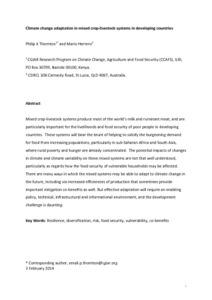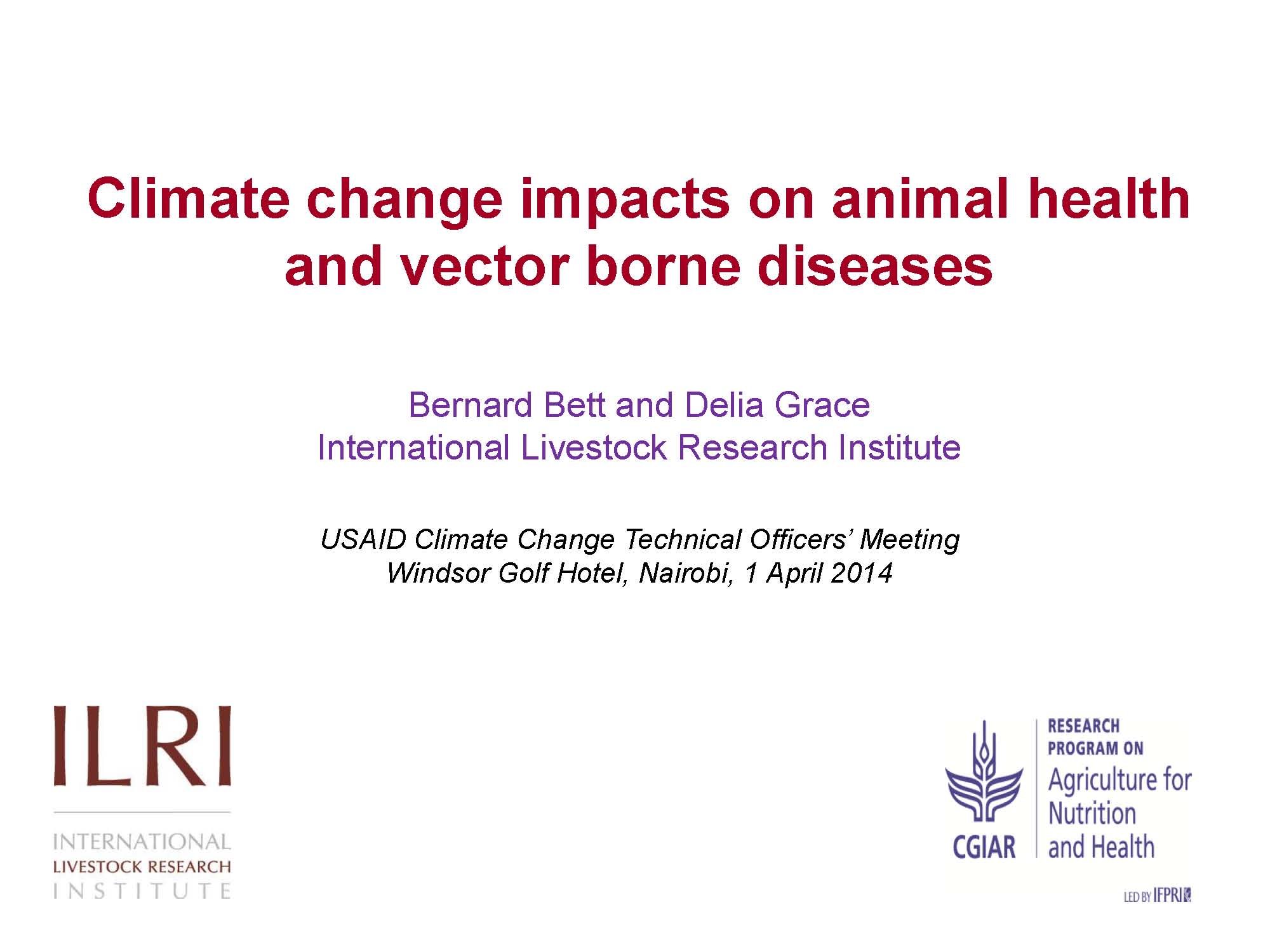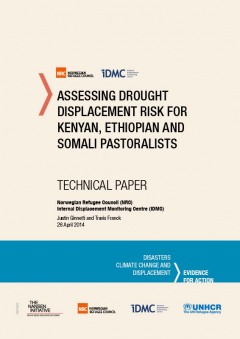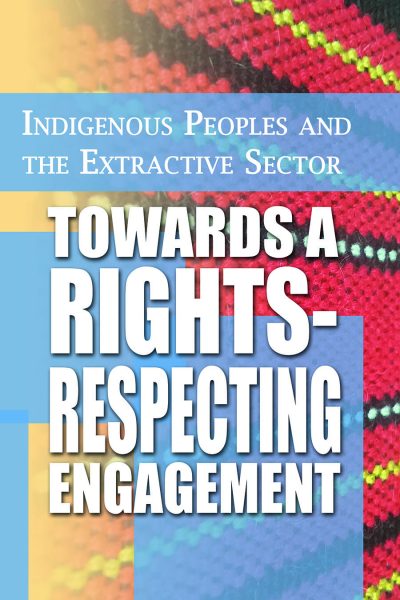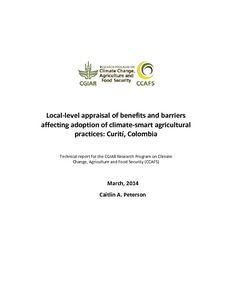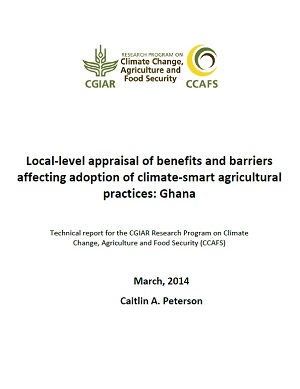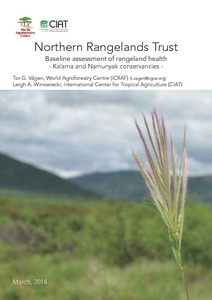Inter-connection between land use/land cover change and herders’/farmers’ livestock feed resource management strategies: A case study from three Ethiopian eco-environments
We assessed land use/land cover changes from remotely sensed satellite imagery and compared this with community perceptions on availability/use of livestock feed resources and feed deficit management strategies since the 1973s in three districts representing the pastoral, agro-pastoral and mixed crop-livestock eco-environments of Ethiopia.


